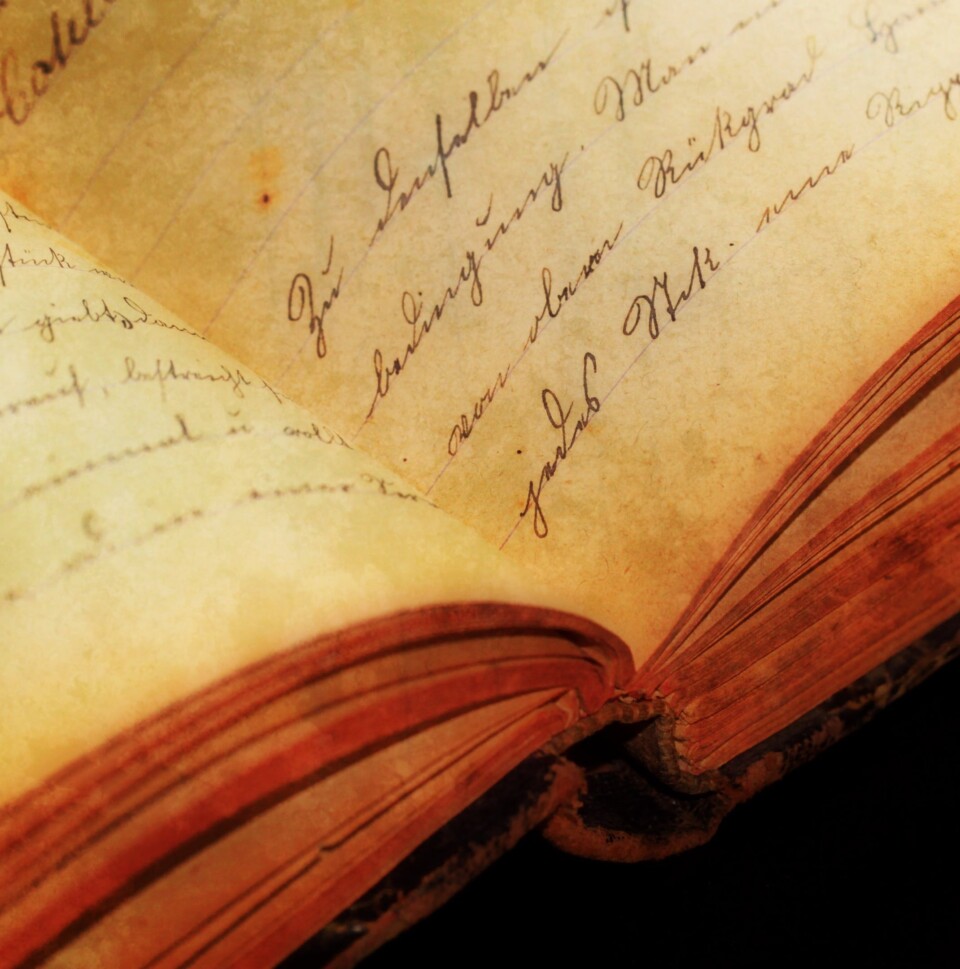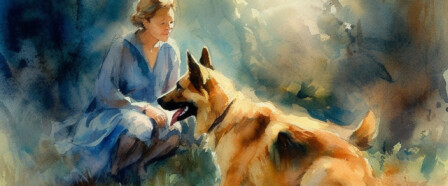In this 12-part series, we’ll be highlighting the life of a beloved family member: Uncle Al. He was a WW2 Vet, a Ford Motors man, and an amazing storyteller. This is a story about stories, and how those stories had a profound impact on all of us in the golden days of our dearest Uncle Al.
Memory is a fickle thing. When we sat down with Uncle Al to hear his WW2 stories, he would tell them in vivid detail. And if you were lucky enough to hear him tell a story twice, you’d notice that he would tell it word-for-word; exactly as he had done before. If you had heard one of his stories once, then you really had heard it a thousand times. But if we asked him anything that deviated from those stories, he’d have a hard time answering it. We didn’t know it at the time, but Al was in the beginning stages of Alzheimer’s. It was now a race against time to preserve the precious memories that Uncle Al held deep in his heart. And this got me thinking: What if we had started this project earlier?
Most people associate natural memory loss with aging. Those associations aren’t misplaced, but I try to bring awareness to the fact that memory loss is constantly taking place from the time we’re born. This becomes most important when it comes to oral storytelling. The sooner a memory can be put into tangible form (audio, video, written word, etc), the more precise, detailed, and authentic it can be. Imagine the stories we’d have if we could have interviewed Uncle Al when he was 21 (or 41, or 61) instead of 95.
Maybe you or your loved one have stories you’d want to keep in the family and pass down. No matter how old or young you are, your memories will never be clearer than they are right now. We are so grateful to have had a wonderful storyteller like Uncle Al in the family. He made it easy to record his thoughts and feelings, even at such an advanced age. But not everyone will age the same way. Consider how storytelling—and story preservation—can have a positive impact on your family right now. Imagine the joy future generations will have by reliving those memories in the vivid detail of a present moment, because you had the forethought to capture the experience while it was fresh.
Stay tuned for Part 4, where we’ll talk about Memory Artifacts and preserving physical objects in your family.
Or, if you’d like to read this series from the beginning, click here for Part 1.
Kara Long is a writer, artist, and musician gone entrepreneur, born in the little historical town of Irvington, Indiana. In her childhood, she experienced several losses of close family members that shaped her future life and interests. Her lifelong passion for writing, music, and art followed her into college, where she studied Music Technology and Media Arts. After graduating, she knew she wanted to do something big and give back to the world in a big way with her skills, talents, and experiences, but wasn’t sure how. When the idea of The Memory Collective came to her in early 2019, she dove headfirst into founding it. Now, she helps people preserve memories of family, heritage, and personal journey through the blending of oral storytelling, analog and digital memory banks, and the arts.







